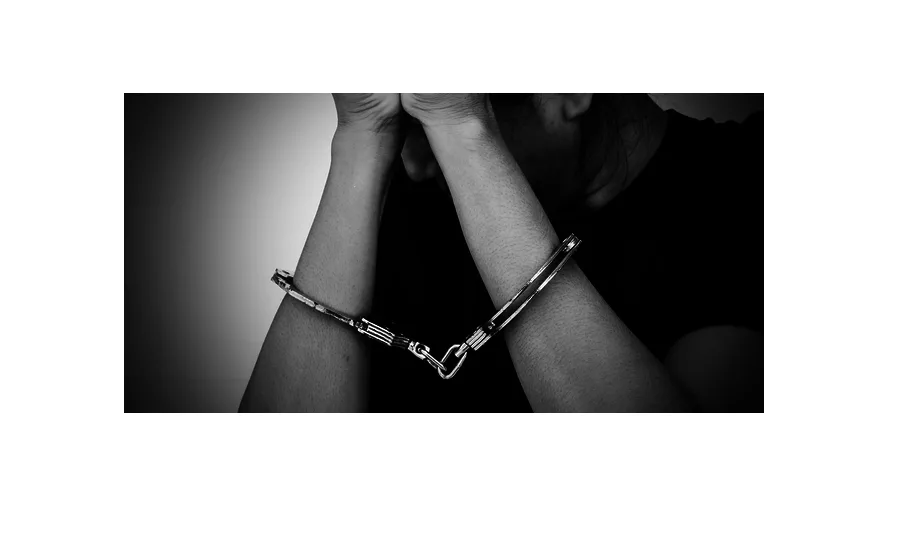Southern Roofing and Insulating Co., Atlas Roofing Take a Stand Against Human Trafficking

Human trafficking is a form of modern-day slavery and it’s big business worldwide.
Though trafficking also includes forced labor and debt bondage, most people who hear the term think of one particular type: sexual exploitation – the use of fraud, violence, coercion or other means to force people to engage in sex acts against their will.
The International Labor Organization (ILO), an agency of the United Nations, reports that some 4.5 million people, mostly women and children, are trafficked for sex worldwide. In the United States, some 2 million women and children are victims of trafficking every year, according to the State Department. Globally, trafficking is estimated to be a $150 billion a year industry. The FBI considers trafficking, in all forms, to be the third-largest criminal activity in the world. The State Department claims it’s second only to drug trafficking – and that drugs can be sold once, but people can be sold several times a day.
The numbers are only estimates. The crime happens in the shadows and hard numbers are difficult to come by. But trafficking always has a human face, even if victims have to conceal themselves as they escape those who exploit them.
Safer, But Still In Shadow
Because he understands the importance of helping people ensnared in an impossible situation, Bob Stevens Jr., owner of Southern Roofing and Insulating Co., was eager to assist a local anti-trafficking organization when it put out a call for a new roof for its safe house in Georgia.
“Sex trafficking is just such a heinous crime,” Stevens said. “How someone can treat another person like that is something I can’t understand. The women who have found their way to this shelter have been through so much. Putting a roof on the building is our way of helping them and the organization that is doing so much for them.”
Stevens also reached out to Atlas Roofing, which was proud to donate 75 squares of Atlas Pinnacle Pristine shingles for the project.
“At Atlas, we are always glad to help our contractors when they give back to their communities,” said Brad Dunn, sales rep at Atlas Roofing. “This is the first time we have been involved in a project that supports an effort like this and we are happy to have been a part of it.”
To guard the privacy of the women who stay at the shelter, no additional details of the project could be released, Stevens said.
“The organization does so much good in our area,” he said. “Many of these trafficking victims have been without help or support, and for this group to help them get out of their situation is just phenomenal.”
Hidden In Plain Sight
Sex trafficking in Georgia is both widespread and nearly invisible.
A recent report by the National Human Trafficking Resource Center (NHTRC) ranked Georgia sixth in the nation for sex trafficking. The NHTRC noted 190 reported cases of trafficking in the state in 2015, which ranked behind New York (with 279) but ahead of New Jersey (168). California led the list with 978 cases reported. Atlanta, with its high percentage of convention business, is the busiest trafficking location in the state, according to law enforcement sources. The FBI also named Atlanta as one of the 14 U.S. cities with the highest rate of children used in prostitution.
NHTRC statistics indicate sex trafficking is more common in Georgia than labor trafficking, and that hotels and motels are the most common venues. Many of the victims are underage domestic girls, often runaways, who face physical threats to themselves or their families if they try to leave. Homeless kids are particularly vulnerable to traffickers’ feigned affection and promises of food and shelter.
According to the NHTRC and similar organizations, a person may be a trafficking victim if he/she:
•Does not seem free to come and go as they please
•Has visible bruising
•Is young and dressed inappropriately for the location or the weather
•Appears malnourished, fearful or anxious
•Is under 18 and engaging in sex for pay
•Avoids eye contact and does not seem allowed to speak for him/herself
If you suspect someone may be a victim of trafficking, contact local law enforcement, the National Human Trafficking Resource Center at 1-888-373-7888, or a trafficking relief organization.
Looking for a reprint of this article?
From high-res PDFs to custom plaques, order your copy today!




